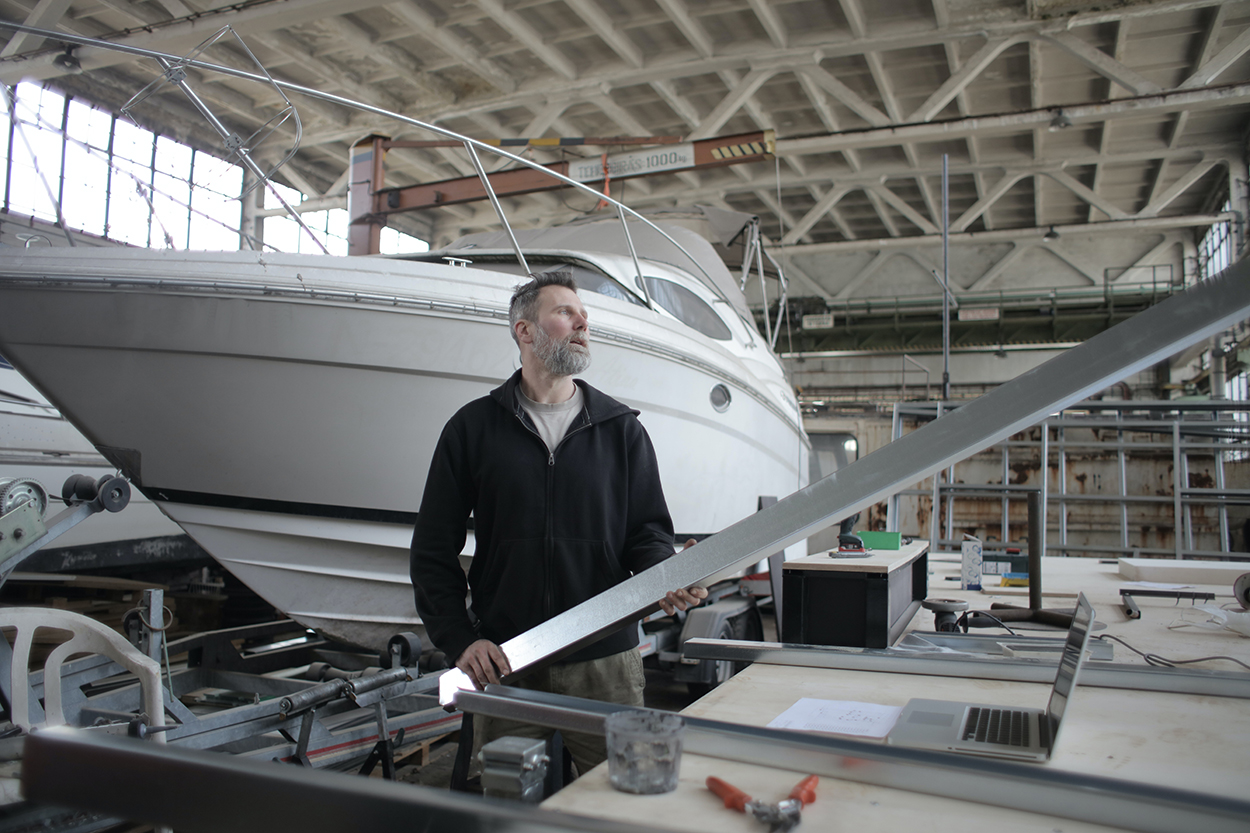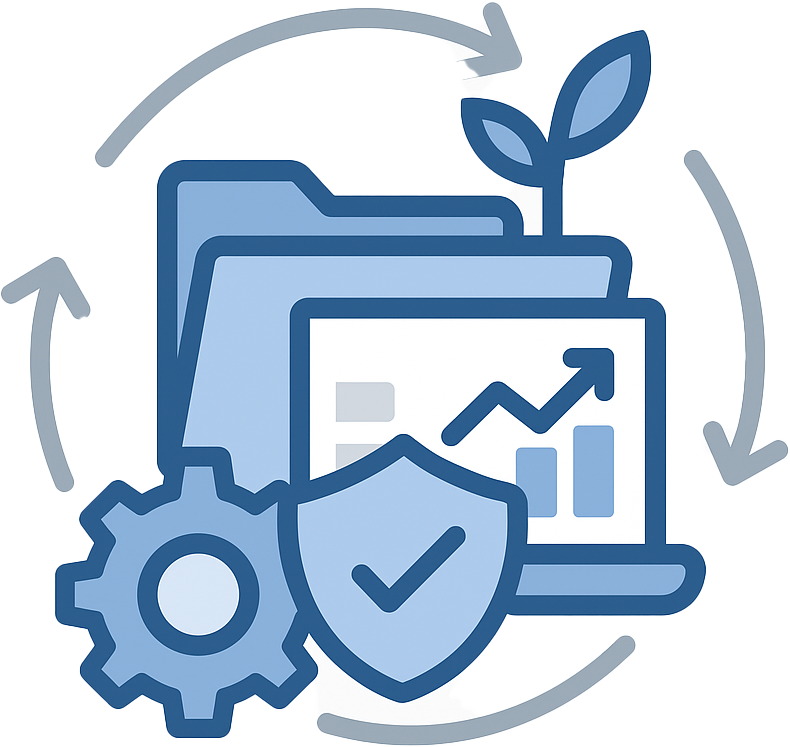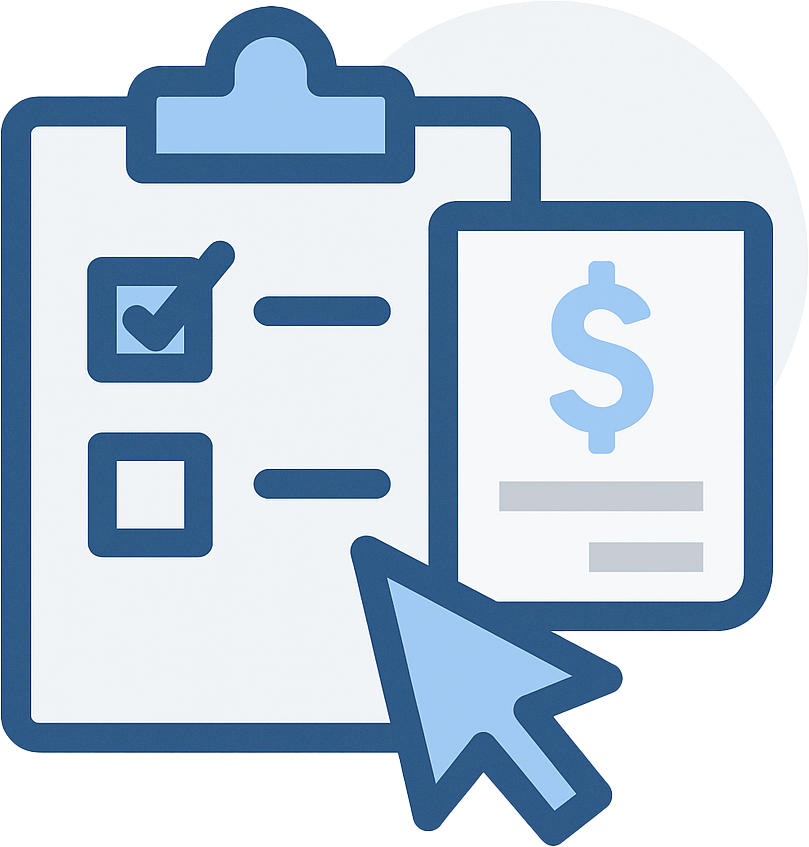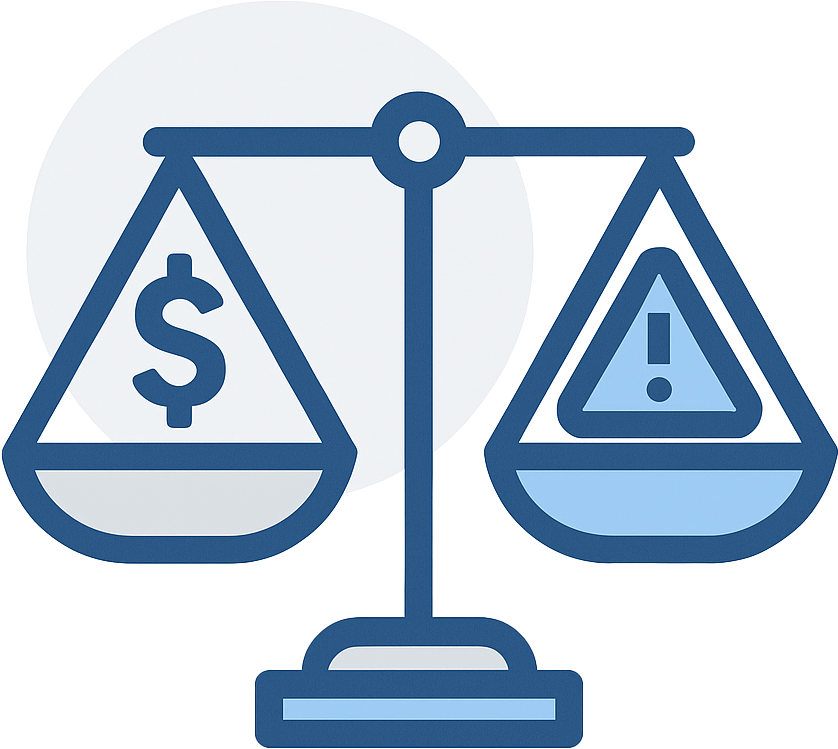Learn what’s changed for NCG190000 stormwater permit holders in North Carolina.
Here in North Carolina, marinas are now required to comply with the newest version of their applicable stormwater permit, known as NCG190000 (or NCG19). Regardless of whether you have a small, local marina, or a large operation owned by a nationwide company, and if you’re covered under NCG19, there’s a lot to know about this new stormwater permit.
Let’s cut right to the chase, and go through a quick summary of some of the main points about this new stormwater permit, how it compares to the old permit, and what you, as a marina in North Carolina, need to know about NCG19.
An Intro to Stormwater Permits
We’re going to rapid-fire off some information here about the NCG19 stormwater permit in North Carolina, but before we do, here are some of our most popular articles regarding stormwater permits. If you aren’t totally sure what we’re referring to here today, check through them and see if anything jumps out. If not, proceed on.
What is the NCG19 marina stormwater permit?
NCG19, the newest version of the North Carolina NPDES stormwater discharge permit for marinas is a stormwater permit specifically designed for marinas and facilities similar to marinas in the State of North Carolina.
This is a new permit (replacing an older, marina-specific stormwater permit) which became effective July 1, 2021.
This stormwater permit continues to cover all marina facilities that were previously covered, but there are some significant changes in the permit that all marinas must be aware of.
What’s changed under the new North Carolina stormwater permit for marinas?
The most significant changes are:
- The change in frequency of required stormwater sampling and monitoring from semi-annually to quarterly. This is a big one and means that you and/or whoever is doing sampling at your marina is going to have to do it more often. No way to get around this one.
- A reduction in the number of required parameters to sample for. We’re dropping a few parameters which means getting your sample analyzed may be cheaper! That’s a good thing, right?!
- The requirement is that pH analysis must be done within 15 minutes of sample collection. This is sort of already required, but just loosely enforced.
- Clarified requirements of what happens if benchmark levels are exceeded. In other words, if you get a bad sample, there are new, more explicit details regarding what your “punishment” is
Marinas have to be aware of these changes, and adjust their practices accordingly, in order to remain in compliance. But bear in mind, these are not the only changes!

Major Changes in the North Carolina NCG19 Stormwater Permit for Marinas
We can’t cover all the changes to the NCG19 stormwater permit but instead will only hit the major ones for today. It’s critical that all marina owners review the new NCG19 permit for themselves to make sure they are aware of all the changes, or at least reach out to qualified help for assistance.
Do I need a new permit for my marina in North Carolina?
Not really. If you’ve already been covered by the prior version of the NCG19 stormwater permit for marinas, you will continue to be covered under the new version of the permit, as long as you continue to pay your fees and maintain compliance.
More Frequent Stormwater Sampling & DMRs
Under the previous permit, you needed to take samples from your outfall(s) semi-annually (twice a year). One of the biggest changes under the new version of the permit, this frequency has been increased to quarterly (four times per year). That’s right, you’ll now need to take 4 samples a year as opposed to the 2 that you’re used to. Unfortunately, this change will make your life a little more difficult when it comes to complying with your permit.
Obviously, if you are now sampling stormwater quarterly, you’ll have to report on Discharge Monitoring Reports (DMRs) on a quarterly basis as well, as opposed to the semi-annual reporting you used to do. And, the new NCG19 stormwater permit is now explicitly stating that this reporting will need to be done electronically in the near future. You’ll need to sign up for the eDMR system by January 1, 2022, and you’ll need to start reporting your results using the eDMR system before July 1, 2022. You’ve got a little under a year, don’t let this sneak up on you!
Stormwater Discharge Monitoring Sampling Parameters
Good news! In the new version of the NCG19 Marina Stormwater Permit, you won’t need to monitor for Nickel, Chromium III, or Chromium IV, like you had to in the previous permit. Additionally, non-polar grease and oil monitoring is only required for vehicle or equipment maintenance areas where more than 55 gallons of motor and/or hydraulic oil is used per month (on average over the course of the calendar year). So, not only will you have fewer parameters to check against benchmarks and report, but you also may save money on analysis at the lab since they’ll need to do less too! However, you need to sample more often, so this may end up being a moot point.
Stormwater Sampling & Storm Events
This is a big one. In the past, you may have made the decision (either purposefully or not) to put off your stormwater sampling until later in the monitoring period, for whatever reason. Under the new version of the NCG19 marina general stormwater permit, it is explicitly stated that you must collect samples at your marina during the first storm event of each monitoring that produces a discharge.
So, if it rains on the very first day of your monitoring period, and that rain event produces a discharge from your marina, you are required to get a sample. It remains to be seen what this is going to mean for most, but we’re predicting this will lead to potentially more violations issued because this is a new, tricky requirement to adhere to, and may result in bad samples (exceedances).
pH Sampling Time Restrictions
Although this has always been a Federal requirement, it’s now being explicitly stated in the new NCG19 marina stormwater permit. Marinas must have their stormwater samples analyzed for pH within 15 minutes of taking samples.
Realistically, for most, this means you’ll need to test your pH at your marina, almost immediately after sample collection, since it’s hard to believe any marina will be able to get their samples to a lab within 15 minutes safely.
For a full breakdown of exactly what you ’ll need to do to analyze the pH of your samples on-site, be sure to check out our online training course: The Best Way to Perform pH Analyses of Your Facility’s Discharge Samples.
Given the requirements that samples need to be collected within the first 30 minutes of discharge from your outfalls, this puts a real time crunch on you to get this done. This probably is going to require that all marinas gear up to do their own pH analysis using a properly calibrated pH meter. And hint – this cannot be done with a pool store’s paper litmus strip!
If you want more specifics on this particular change, we have a whole article that covers how Marinas in North Carolina should test their discharges for pH under the new NCG19 permit.
Changes to Inspections, Preventative Maintenance, and Stormwater BMPs
Under the old version of the NCG19stormwater permit, you were required to have a semi-annual schedule of inspections, maintenance, and housekeeping measures for industrial activity areas at your marina. This requirement stands, but it has increased in frequency from semi-annually to quarterly. Just like sampling, you will now need to complete these tasks, at a minimum, four times per year on a calendar quarterly basis.
More good news though - in the old NCG19 permit, you were required to perform regular, documented inspections every 7 days to confirm that your BMPs were being executed and implemented. This section has been entirely removed from the new NCG19 stormwater permit. Although the permit no longer requires that you perform these inspections, there’s no harm in continuing to conduct them.
Tiered Status Based on Stormwater Sample Exceedances
This is a complicated and long thing to discuss, but the 30-second version is that if your marina in North Carolina is getting bad sample results, you’ll be put into categories (“Tiers”) that require more frequent and more strict sampling than you otherwise would have to do. In other words, if you get bad samples, you’ll be forced to get more frequent samples! Obviously, you don’t want that!
Under the new version of the NCG19 stormwater permit, the requirements for being in - and getting out of - each tier have become a little stricter. For all three tiers, it’s now specifically stated that you’ll need 3 consecutive samples under the benchmark or inside the benchmark range for all parameters to get out of that tier.
So, 3 good samples in ‘Tier One’ will get you out of a tiered status all together, while 3 good samples in ‘Tier Two’ will move you down to ‘Tier One’. The same goes for ‘Tier Three’ to ‘Tier Two’.
Additionally, in Tier Two & Three, changes have been made to state that you’ll need to implement monthly monitoring at every outfall where a sampling result exceeded the benchmark value for two consecutive samples, for all parameters until three samples in a row fall below the benchmark values, instead of just the exceeding parameter. Essentially, this new phrasing requires you to monitor every outfall that was the cause of your Tier Two or Three status, not only for the parameter you exceeded, but for every other parameter you regularly monitor for as well. More samples, more cost, more hassles, more chance for problems!
Additional NCG19 Stormwater Permit Considerations
As we said up front, those aren’t all the changes. For example, you will probably have a fairly substantial number of changes needed to be made to your SWPPP because of everything we’ve discussed here! For some, that's no big deal, for others, that might mean a whole overhaul of your stormwater program. We highly recommend all marina operators in North Carolina take a long, good look at the new version of the NCG19 Marina Stormwater Permit and see how it impacts them. If you don’t have the time, energy, expertise, or just don’t want to deal with it, contact an expert.
Does your North Carolina based marina need help with stormwater permit compliance?
For a lot of folks out there, this is a pain to deal with. After all, you have a marina to run! If you're overwhelmed, you're not alone. RMA has been actively involved in helping companies get and stay in compliance with stormwater permits in North Carolina and across the United States since our founding in 1992. Long story short, we know the ins and outs of the environmental problems industrial and commercial facilities face and can help you get into compliance with stormwater permits and other applicable environmental laws and regulations, ensuring your business stays out of trouble and in compliance.
Our staff members have been on-site at thousands of operations across the country, so when we say we've seen it all and done it all, we mean it. We've helped everyone, from globe-spanning, multi-national organizations to small "mom & pop" operations. No matter your size or location, we'd love to learn how we can help.
So, if you're having any type of issue at your marina in North Carolina and need the help of an environmental consulting firm with a proven track record, reach out. Even if we can't help, we’ll do our best to steer you in the right direction. Feel free to contact us at info@rmagreen.com, click here to contact us, or give us a call anytime at 888-RMA-0230 to learn how we can help your marina in North Carolina deal with stormwater permits and other environmental regulations.











